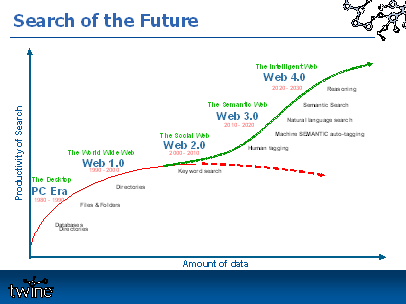Visioning Beyond Data Portability
 Tuesday, May 20, 2008 at 3:00AM
Tuesday, May 20, 2008 at 3:00AM The visioning of data portability appears to be headed in the right direction.
Chris Saad is a co-founder and CEO of Faraday Media. Chris is also a co-founder and Chairperson of Dataportability.org.
On Sunday, May 18th Chris Saad blogged the following on his personal blogging site.
"I’ve heard a lot lately from executives at the highest levels at vendors that do not run large social networks. They might be more traditional media companies, telecommunication companies, device manufactures etc.
There are a few common and resounding themes from those conversations so I thought I would share them here ...."
If you go to Chris' post be sure and check out my comment (i.e., Comment #5).
Here's the link to Chris' entry, DataPortability beyond social networking.
Also, you might want to additionally check out the interview of Chris Saad in the Talking Tech blog of the Wall Street Journal on May 13th. That interview/blog is by Lee Gomes and entitled Easier Sharing is Goal of Portability Project.
 Steve Holcombe
Steve Holcombe
Evidence of further visioning beyond data portability.
On June 1, 2008 Chris Saad said -
"There is something that ... ’social media’ observers are missing .... Sociality is only one aspect of a human being."
See My Vision for Social Media - Personal Reality.


